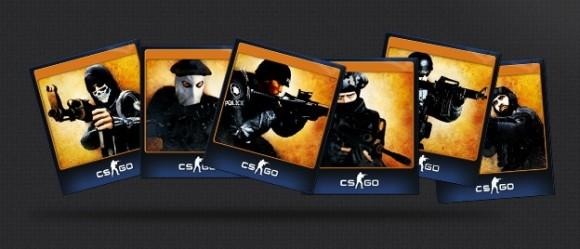Steam Trading Cards Is Valve's Reward System For Playing Games
Similar to Microsoft's reward and achievement system for the Xbox, Valve has come out with their own reward system for PC gamers on Steam, and they're calling it Trading Cards. It's launching in beta and it lets you earn rewards for playing Steam games. The Trading Cards will add to your "Steam Level," as well as the ability to earn rewards by collecting achievements.
The FAQ to the new Trading Card system is a bit confusing, and we recken you'll have to try it out first before you can really understand it, but Valve says that Trading Cards can be collected in order "to earn items that help you customize your profile and show off your gameplay." Each game has its own set of trading cards, for which you can earn up to half of them by playing the game, and the other half need to be collected by trading with other users.
Each user will also have "badges" on their profile, and these represent the trading card sets that you've collected. Badges also earn you rewards, like profile backgrounds, emoticons, and the chance to earn coupons for things like game discounts and DLC. Whenever you earn another complete set of trading cards, you can "upgrade" your badge.

For the time being, Trading Cards is only available for a select number of games, which include Counter-Strike: Global Offensive, Team Fortress 2, Dota 2, Portal 2, Half-Life 2, and Don't Starve. However, as with any beta program, more games will be added on in the future over the next few months, with eventually all Steam games hopefully supporting Trading Cards, although there was nothing said about support for all games.
Frankly, we're surprised that Valve has taken this long to introduce a rewards system for Steam. In the past, the company has introduced items that you can trade with other users, including nifty hats in games like Team Fortress 2, but a rewards system is a long time coming. Even if it's something a bit strange such as Trading Cards, Valve is hoping that gamers will become a bit more invested in their Steam accounts.
VIA: Ars Technica
